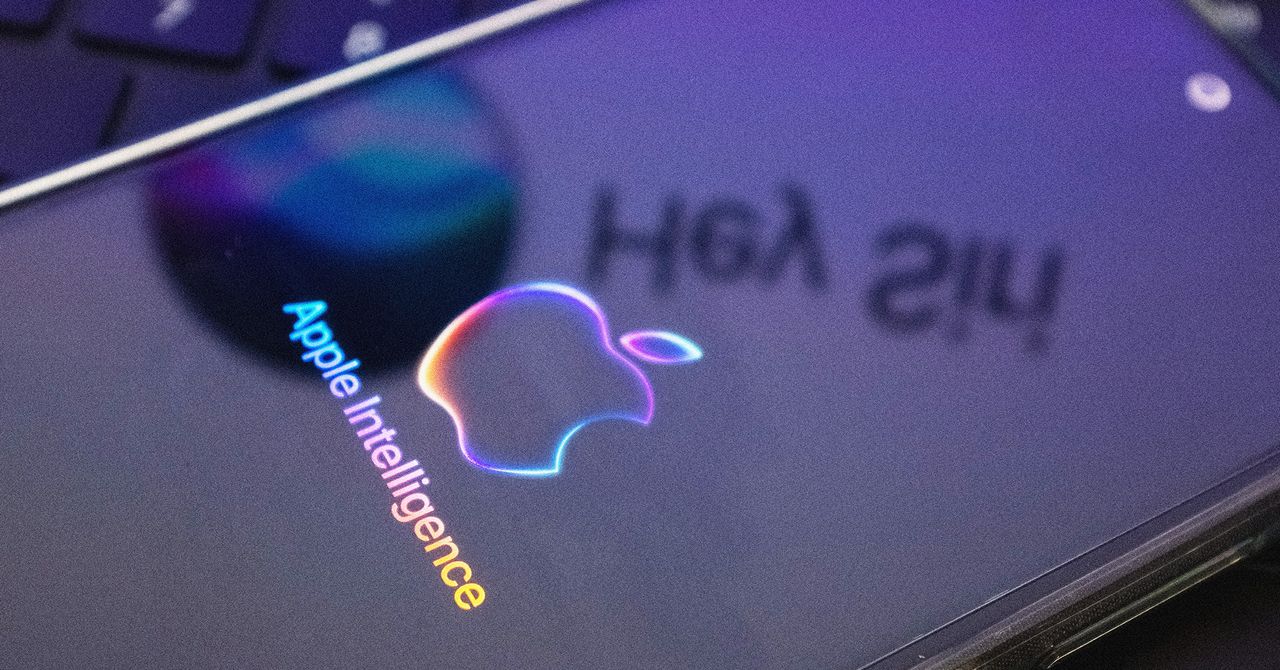
Nonetheless, Apple was entranced by the chances, as was then-CEO Steve Jobs. “This was Steve’s final deal,” Siri cofounder Tom Gruber advised WIRED. “He was personally concerned in all levels of the deal, negotiating the deal and following by, ensuring that we have been profitable at Apple after they purchased us.”
Nonetheless, different Apple execs who have been round on the time paint the image of a really flawed digital assistant that was by no means actually as much as the job that Apple offered us. Early Siri labored, however solely inside extremely restricted purposeful silos.
“What we acquired was a demo that might work nice for a few individuals however wouldn’t scale to our person base … there was loads of smoke and mirrors behind the unique Siri implementation,” former Apple exec Richard Williamson advised the Computer History Museum in a 2017 interview so lengthy it includes costume adjustments.
“This notion of AI? It wasn’t AI … it was a sizzling mess,” Williamson stated. “It’s tremendous straightforward to trick Siri. There’s no NLP [natural language processing], there’s no contextualization of phrases. It’s simply key phrase matching.”
However now, even with AI, Siri reportedly nonetheless can’t be relied on to truly work when dealing with real-world use. The important thing query is why? Chatbot tech is probably not totally mature, however it’s not less than prevalent sufficient for use day by day by nontechnophiles on competing platforms.
One confounding issue: Apple’s method to these items is probably going not near the norm. You will must be comfy handing over great amount of knowledge to make Alexa work its finest, whereas OpenAI’s Sam Altman appears completely satisfied to destroy whole classes of jobs on the altar of progress. However Tim Cook dinner and Apple? A cleaner, extra constructive picture has for many years been a part of the corporate’s attraction, and that features a very clear deal with privateness.
“There’s one good excuse for [Apple] ready, and that’s if you happen to actually maintain the privateness and knowledge stewardship worth as a sacred proper. And [Apple] does say these sorts of phrases,” says Gruber.
“In the event that they actually maintain that as a prime precedence, they could be working into conflicts of curiosity. In the event that they ship all of the queries to OpenAI and provides all of them the context OpenAI wants they might in all probability do extra, however then they’re giving up on their privateness assure.”
A privateness focus was additionally perceived for years as a motive Siri by no means felt pretty much as good to make use of as, for instance, Google Assistant. It appeared much less clever, much less naturalistic, as a result of it actually knew much less about you. And no matter fairly how true that was, it’s a part of the foundation of the issue on this new Siri too.
A Story of Two Halves
The upcoming Siri is predicated round two core parts. A small language mannequin runs on the iPhone itself, whereas extra complicated queries are offloaded to OpenAI. You’ll need to grant the cellphone permission to take action.
It’s estimated Apple’s on-iPhone AI programs encompass round 3 billion parameters, the place some estimates place the variety of parameters in OpenAI’s GPT-4 at 1.8 trillion—600 instances the quantity. DeepSeek made headlines as a extra environment friendly, lean AI mannequin in early 2025, however it nonetheless includes a reported 671 billion parameters.






